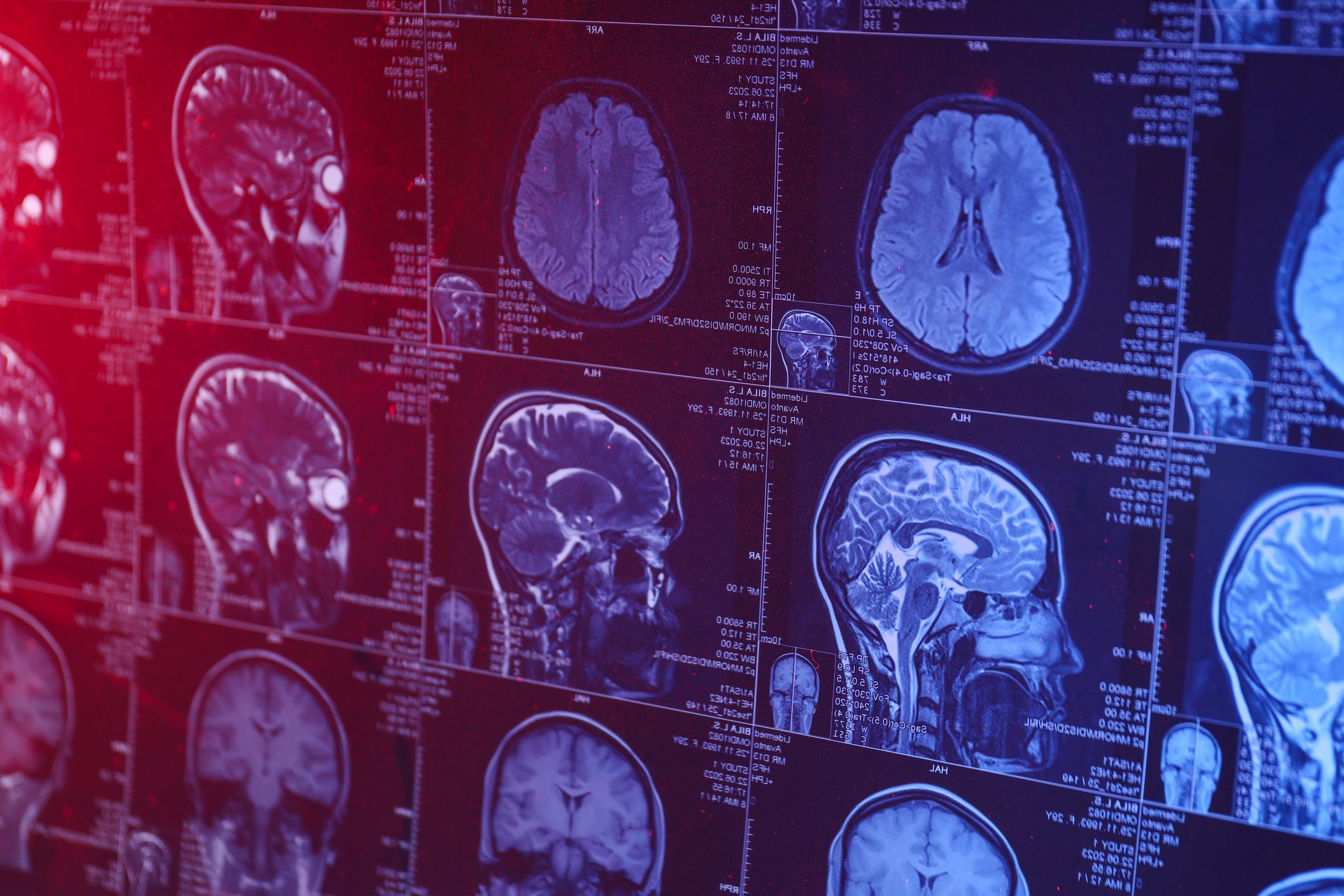People with frontotemporal dementia do not show the same brain activity as adults with good brain health when witnessing the pain of others.

- In cases of frontotemporal dementia, a loss of capacity for empathy is present, which can lead to problems for sufferers and their loved ones.
- This is because, unlike adults with good brain health, patients show no activation of frontal brain networks.
- Thanks to this discovery, researchers hope that it will be possible to better understand this pathology.
“Loss of empathy is a key symptom of the behavioral variant of frontotemporal dementia. In particular, the affective aspect of empathy appears to be independent of declines in other socio-emotional abilities and general cognition,” said researchers at Lund University (Sweden). As part of a study, published in the journal JAMA Network Openthe scientists wanted to assess frontotemporal dementia-related alterations in brain responses during empathy for another person’s pain.
Frontotemporal dementia: frontal brain networks are not activated in patients
For the purposes of the work, the scientists recruited 28 adults with good brain health and 28 people diagnosed with frontal lobe dementia. As a reminder, this disease includes a group of neurodegenerative disorders characterized by progressive changes in behavior, executive dysfunction and language impairment. Participants performed functional magnetic resonance imaging (fMRI) while watching images of hands being penetrated by needles, which normally activates parts of the brain that tend to respond to the experience of suffering or pain. pain in others.
The results showed that patients affected by frontotemporal dementia showed no activation of the frontal brain networks that are activated in the healthy group. “What is particularly interesting is that we were able to establish a link between this measure of brain activity in patients and how caregivers rate their lack of empathy. It turned out that there had a strong correlation, which is important. It shows that what happens in the brain is linked to people’s behavior. explained Olof Lindbergauthor of the research.
“More difficult to act socially with a lack of empathy” linked to frontotemporal dementia
According to the team, this new discovery about how brain activity is affected will lead to a better understanding of the disease. “This is a key symptom in patients, and with a lack of empathy it naturally becomes more difficult to act socially. So this may impact the decision to be cared for at home, for example .”

















